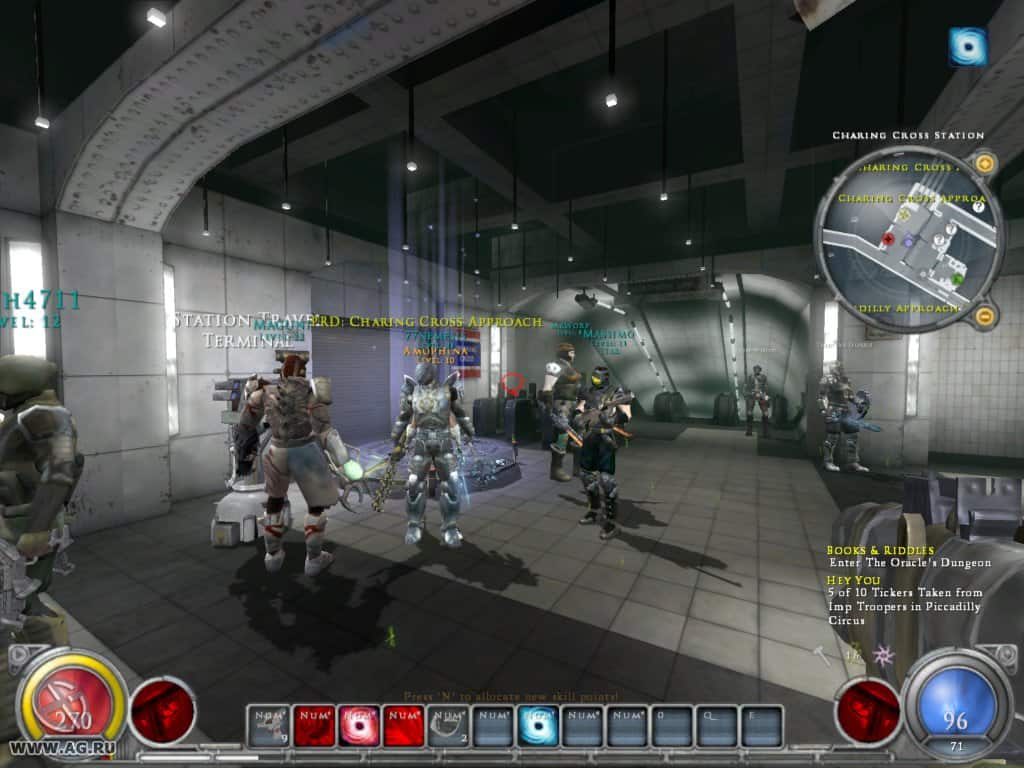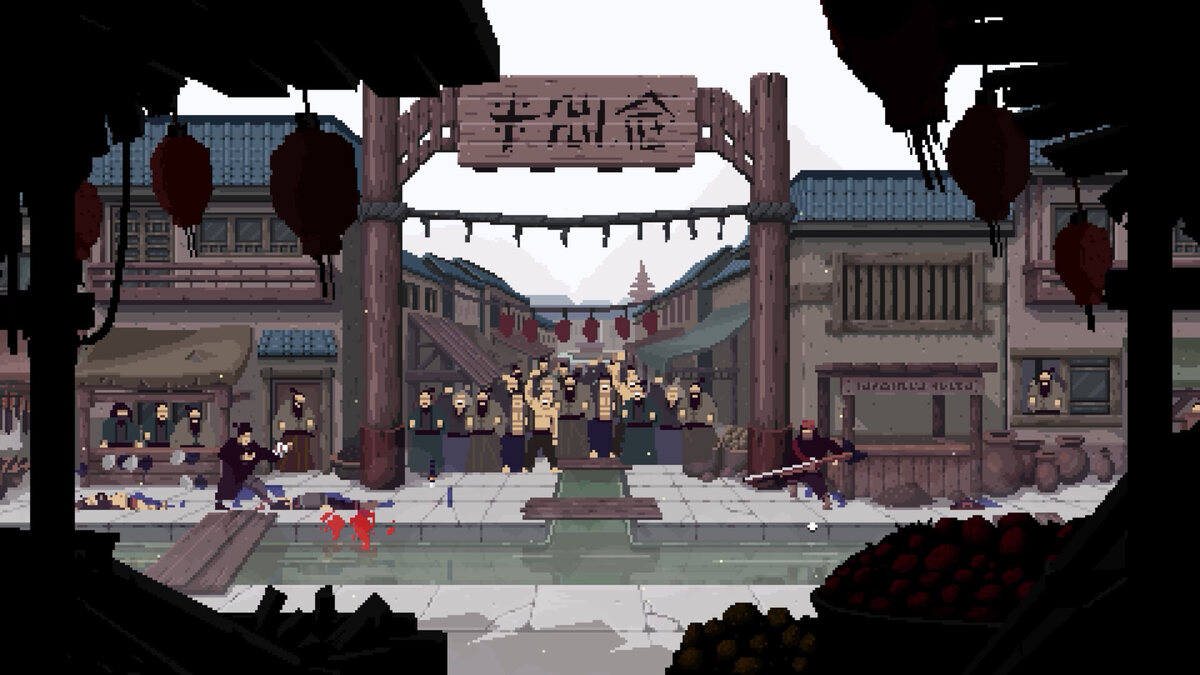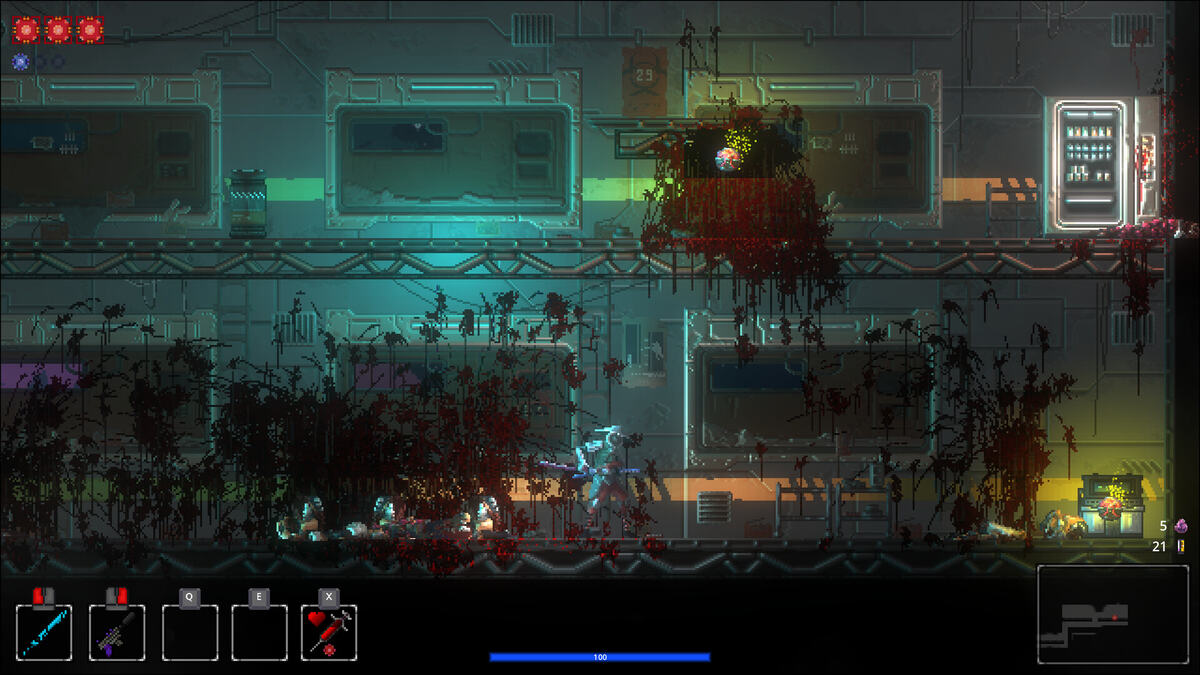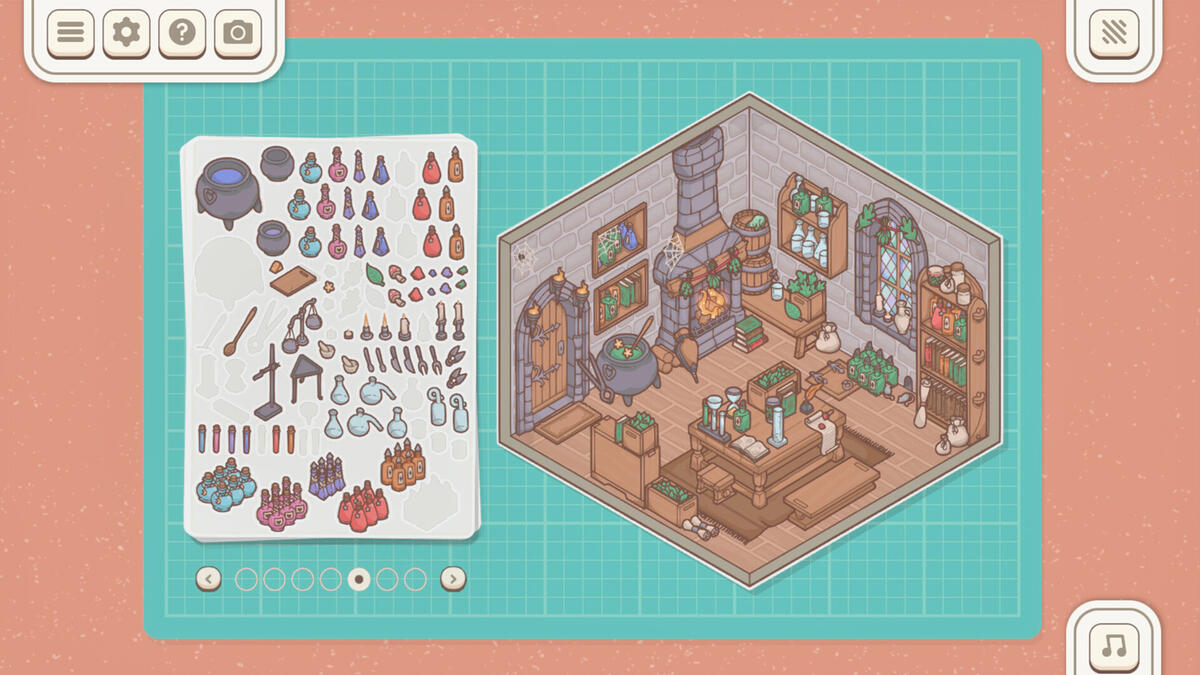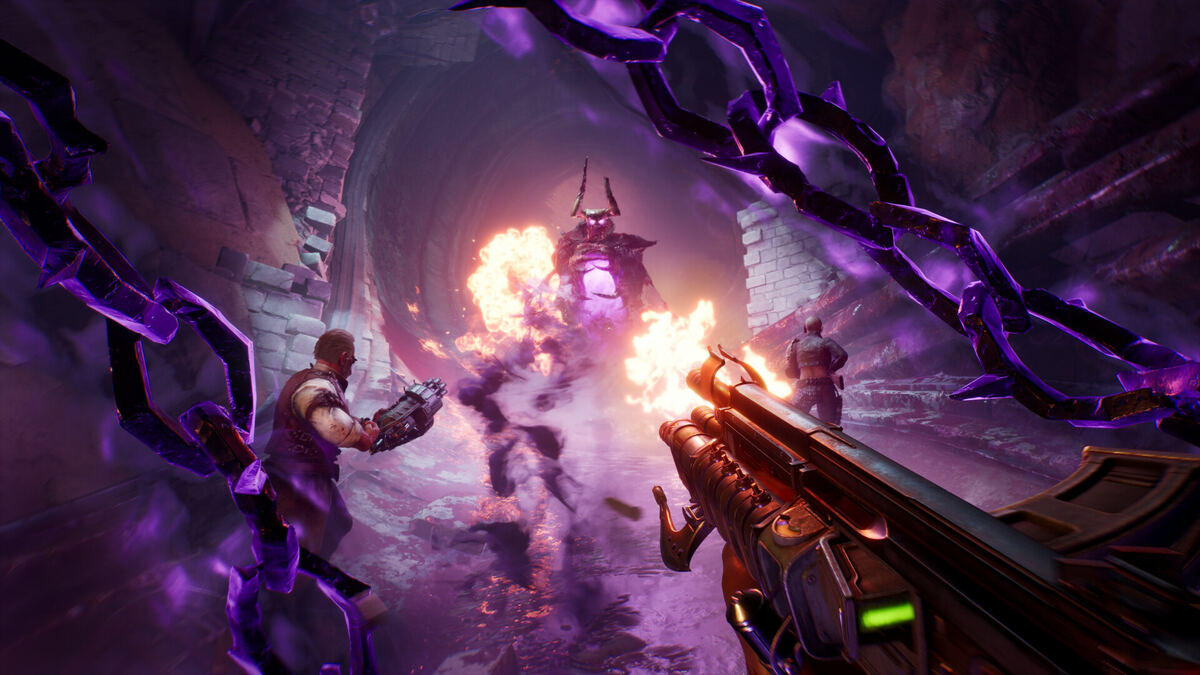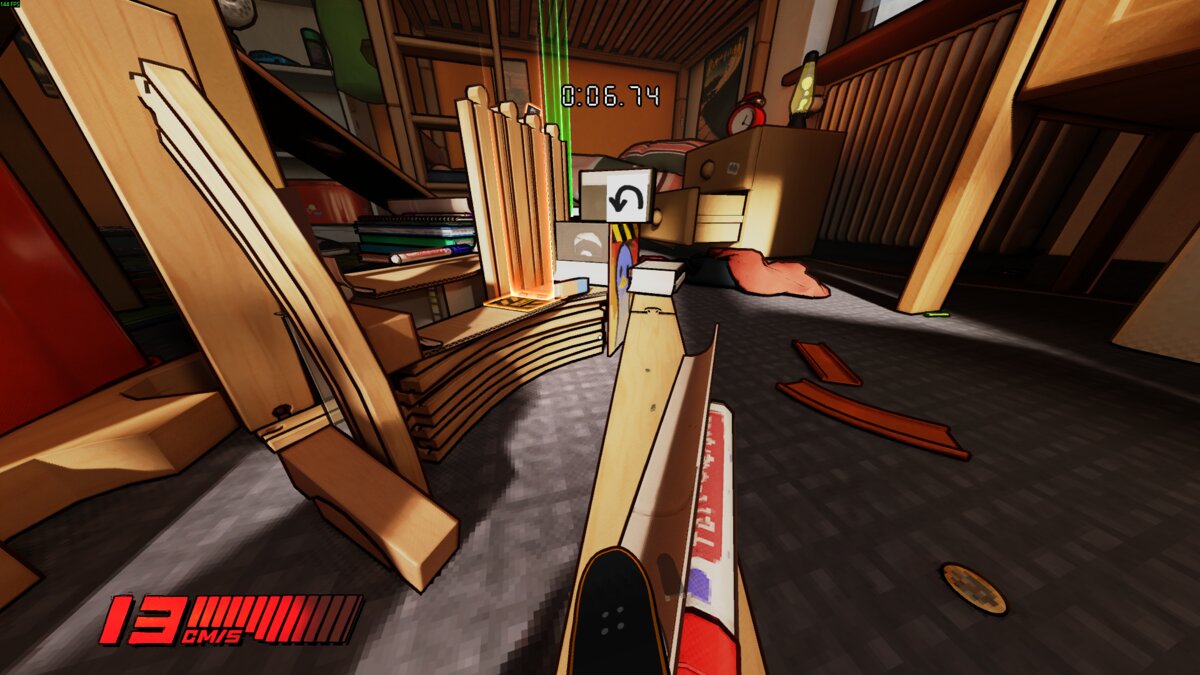You can trust VideoGamer. Our team of gaming experts spend hours testing and reviewing the latest games, to ensure you're reading the most comprehensive guide possible. Rest assured, all imagery and advice is unique and original. Check out how we test and review games here
Hellgate London Developer Diary 3: The Factions and Classes
Written Tyler Thompson, Director of technology – Flagship Studios
From the beginning, we planned on having a variety of character classes in Hellgate: London. Our character classes fulfill the same kind of role that you see in most RPGs. They provide unique identities along with increased replayability by offering a wide variety of gameplay styles. Because of the variety in character classes, Hellgate: London can be a hack-and-slash RPG, a shooter, or a pet-control game. Like most things at Flagship Studios, the design of these classes changed quite a bit over the last four years. We prefer to drop things into the game, trying them out to see what is fun rather than writing a giant design doc full of detailed specifications that might not bear fruit. I’m going to take you through our journey from when we first started working on the character classes to where we are as of now. I’m going to focus on gameplay, largely ignoring art and story. That’s just how I roll.
We had been making and playing the game for some time before we really felt like we had arrived at distinct character classes. We had the art for a couple of Templar suits and one for the Cabalist, but the gameplay felt nearly the same for all of the Factions until we made one very important change. David Brevik suggested that we divide up the weapons among the Factions. Initially, I was very uncomfortable about this idea. When your Templar sees a Legendary Sniper Rifle drop, you really want to be able to use it. Here is what ultimately convinced me: In Hellgate, the weapons are the skills. With over 100 weapons in the game, we offer many unusual ways to kill monsters. So, weapons play a huge role in defining how you interact with the world. A rapid-fire gun, a grenade launcher, and homing locust-shooter all make you play in characteristically different ways. Since each character class by definition needs to interact with the world in different ways, we had to split up the weapons.
So, we divided up the weapons. The Templar uses swords and short-range weapons. The Hunters have the most powerful long-range weapons along with those that require aiming. The Cabalists were granted all of the splash damage, self-aiming, and “strange” weapons. Before that pivotal change, we had Templar running around with long-range machine-guns, and we couldn’t get anyone to pick up a sword. Who could blame them? Even being the toughest class – if you can carry a rocket launcher, why would you bother walking all the way up to a monster? Overall, it worked wonderfully. One day we had no character classes, and the next day we had them.
How the actual skills are organized went through several transformations over the years. We started with skill maps – similar to the Final Fantasy series. We decided that maps are too complicated and present additional sticky design problems. We moved to having dropped items give you skills – much like the original Diablo. Several people had different hopes and dreams for this, but it eventually died, too. Finally, we went back to a skill tree system similar to Diablo 2. We upgraded it in several ways over how it worked in D2: each skill got its own skill level maximum, each skill level has its own character level requirement, and all of the skills are balanced so that they scale.
Until about a year ago, we thought that we were going to have only 3 character classes: Hunter, Templar, and Cabalist. We tried keeping it simple with just three ways to play, but as with many things at Flagship Studios, our creativity broadened the scope of our game. So, we experimented with skill trees with branches that required that you commit to one branch over another. You could make your Templar Offensive or Defensive. Your Cabalist could be about Pets or Blasting. Your Hunter could focus on having Robots that helped you or more powerful Shooting abilities. This felt good on paper. It really fell apart in practice. In order to prevent things like a high-damage Cabalist who also has a powerful pet, we were forced to weaken all of the beginning skills. After a few months of trying to get this to work well we arrived at our final system of having Classes within each Faction.
One of my favorite classes in Hellgate: London is the Summoner. Part of the Cabalist faction, emphasizing the use of demon pets, the Summoner changes Hellgate: London into more of an RTS. You spend much of your time summoning new pets, healing your pets with your life, healing yourself, commanding your demons, etc… The weapons available to the Summoner are interesting and useful, but as much as 50% of all Summoner monster kills are executed by the pets.
The other Cabalist class is the Evoker. The Evoker uses Focus Items for various magic spells – mostly to do damage. Still, the Evoker has a couple unique things going on. Each spell’s damage is determined by how powerful your focus item is. The spells also look to the focus item for how likely to ignite, poison, phase, etc… The Evoker also does a great deal of life- and power-draining during regular play. Most Evokers switch between a couple spells depending on range and opponents and punctuate their killing with life- or power-drain attacks to keep things flowing. Overall, this class can dish out a ton of damage, but it is quite frail.
The Guardian is anything but frail. The Guardian is our defensive Templar class. Using shield bashes, taunts, and an aura, the Guardian can be your prototypical Tank class. We also added some skills like Anchor which increases damage dramatically, but requires that you stand still while using it. Guardians don’t die very often. They can usually stand toe-to-toe with a boss monster and take them down in one fight by using Anchor, alternating stuns, moderate sword damage attacks and a couple tactical retreats when power gets too low. When I play a Guardian, I fear none of our monsters.
The Blademaster is our offensive Templar class. We threw tons of active melee skills into the tree in order to give the player several options on how to dish out the damage. Overall, the Blademaster is more agile, can hit more enemies at once and can even dual-wield swords. The Blademaster seems to satisfy that basic desire to slice up monsters – which is probably why it is one of the most popular classes in the Beta.
The Marksman is another very popular class. Being a part of the Hunter Faction gives him access to a large arsenal of high-damage weapons. These weapons are not only powerful, but they also provide the player a plethora of ways to kill monsters. When designing skills for this class, we sought to augment and enhance this wide variety of weapons – not to replace or distract from them. The only exception to this approach is in the array of grenades and super-grenades we refer to as ‘calldowns’. Such attacks are especially useful when carrying a weapon with a long cooldown. There is nothing more fun than triggering a giant grenade launcher and following through with a fire grenade.
The Engineer also employs the Hunter’s arsenal of weapons, but enhances them with robotics. With both a multi-purpose drone and a bunch of smaller bots, the Engineer has quite a few defense options: heal, debuff, etc… The Engineer’s got to watch the drone’s health, toss out drone commands when possible, and keep firing at the nanobots. Additionally, Engineers can equip drones with a gun, a sword, and some torso armor – which really adds to the item collection game.
The character classes in Hellgate: London were a lot of fun to create. Several Flagship people (besides me, of course,) added their own skills, balance advice, artistic love, and help on the skills. We’ve got a lot more ideas planned for these classes to bring online soon to our players and during the coming year.
Hellgate: London
- Platform(s): PC
- Genre(s): Action, Fantasy, Massively Multiplayer Online, RPG, Shooter

/https://oimg.videogamer.com/images/8f89/hellgate_london_113.jpg)
/https://oimg.videogamer.com/images/0002/hellgate_london_110.jpg)
